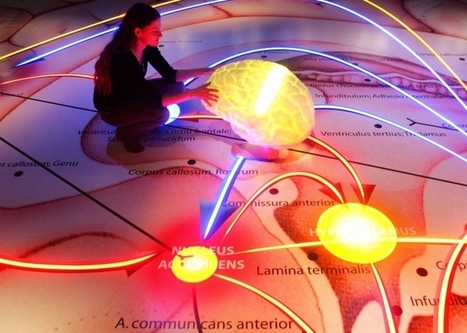In a study entitled “Placebo effects in cognitive training” published on Monday in the journal Proceedings of the National Academy of Sciences, researchers found that participants who engaged in brain-training games for a single, one hour session showed improvements in IQ by up to ten points, but only if they believed the games would benefit them.
The group of cognitive scientists from George Mason University, Virginia, set up the experiment in a particular way to determine whether or not the placebo effect was involved.
50 participants were recruited, after two different posters asking people to sign up to a study were plastered around campus: one labelled “brain training & cognitive enhancement” and the other “email today & participate in a study”. The rewards for the former promised boosts in intelligence, while rewards for the latter granted study credits. Unknown to participants, however, was that both tests were the same, meaning any resulting changes to IQ were as a result of what participants were telling themselves about the tests.
The tests centred around the engagement of working memory and other factors to impact fluid intelligence – a type of intelligence which revolves around the application of logic and reason, independent of acquired knowledge. Those who chose to sign up to the “brain training & cognitive enhancement” study, aka the placebo study, were the ones to show remarkable gains in IQ after completing a post-brain games IQ test; gains of five to ten IQ points being made. Those who signed up for the control showed no signs of improvement.
Speaking to the Huffington Post, researcher and co-author of the study Cyrus Foroughi said: “Placebos are very pervasive and they have to be controlled for in a tremendous number of fields. This field is no different. So we put together the study to actually test whether expectation for a positive effect can lead to a positive outcome.”
Via Miloš Bajčetić, Stephania Savva, Ph.D



 Your new post is loading...
Your new post is loading...








